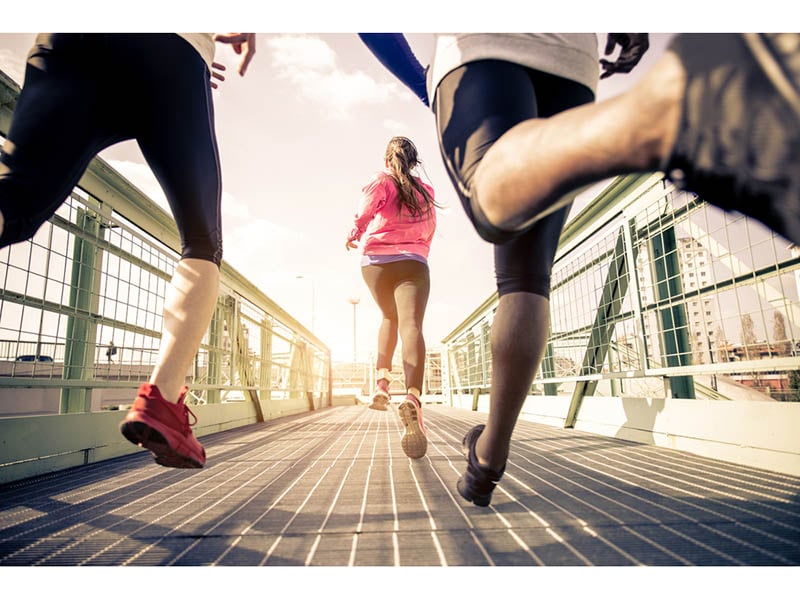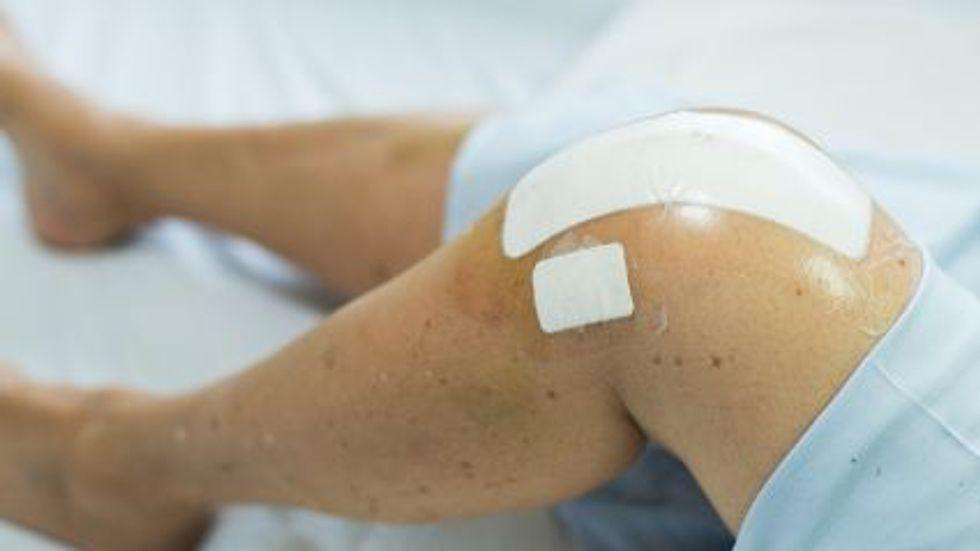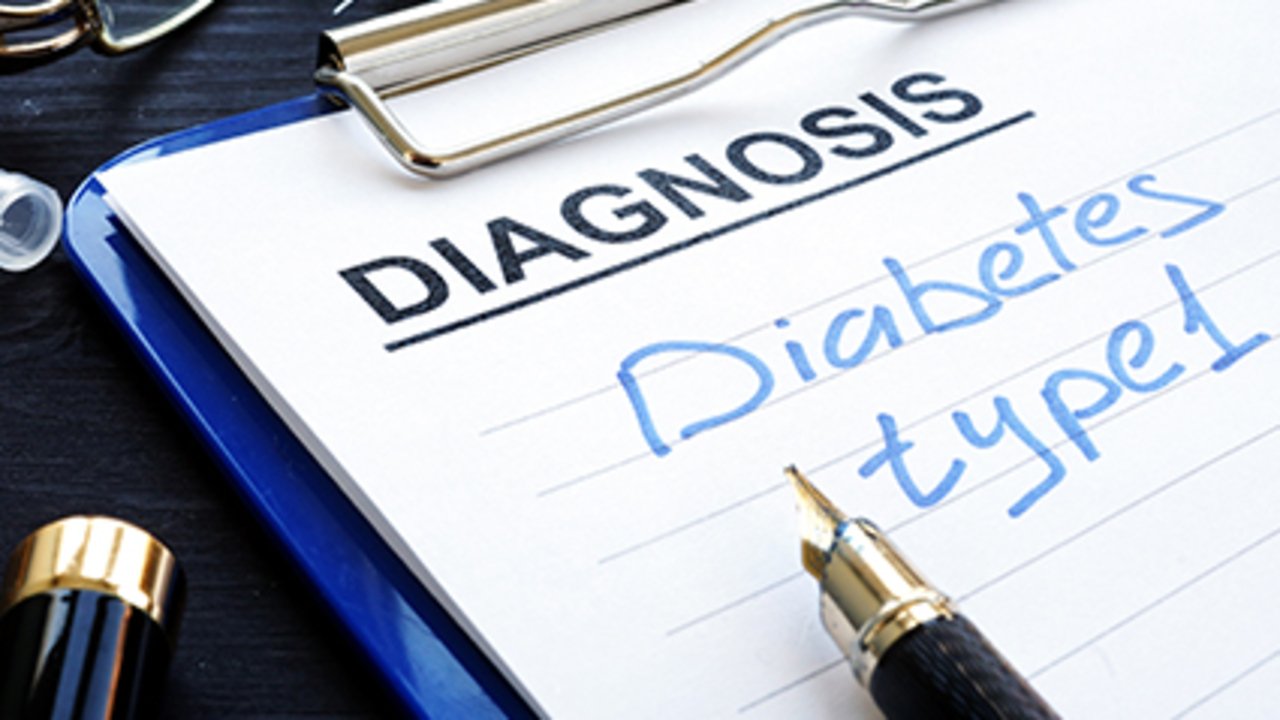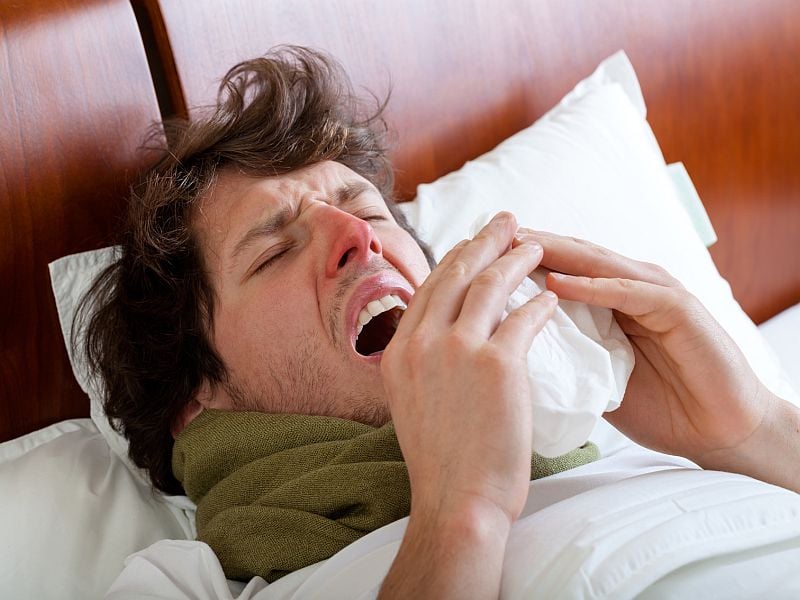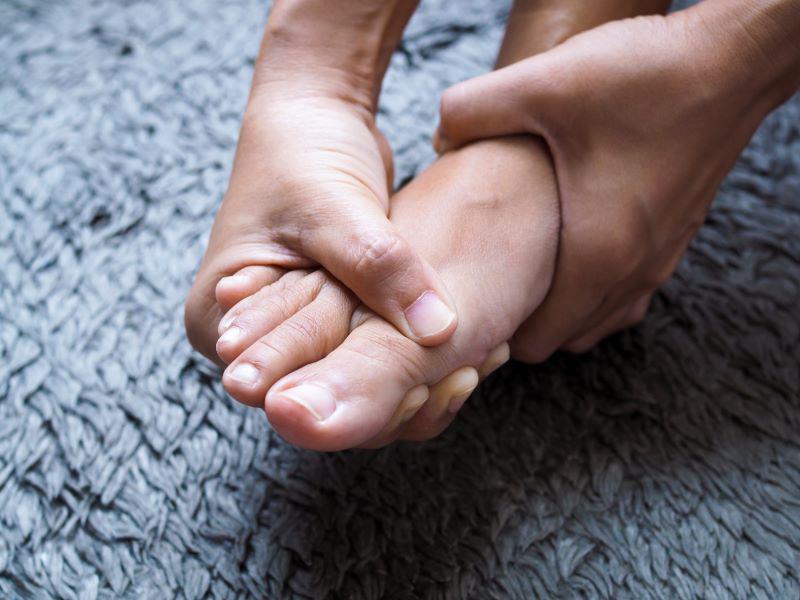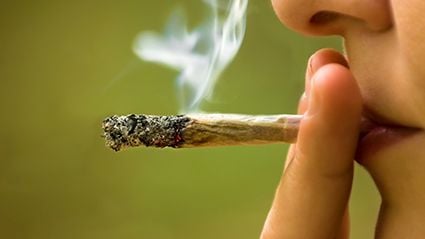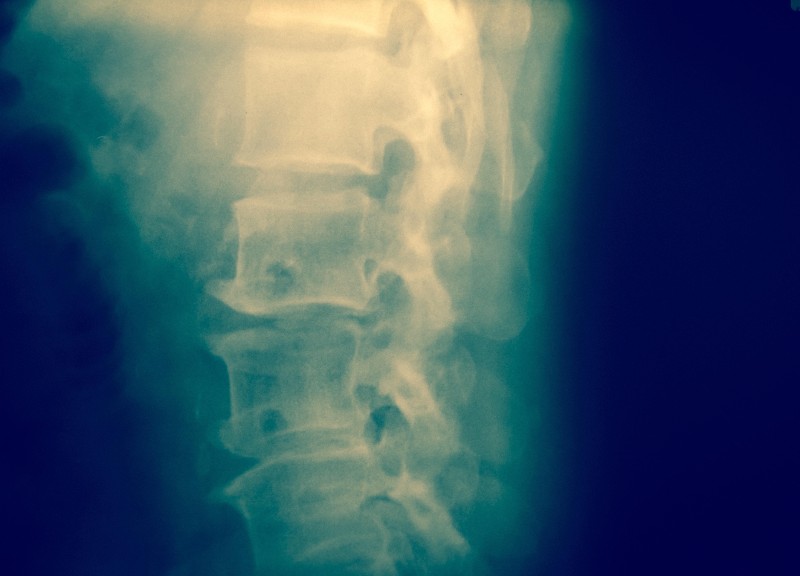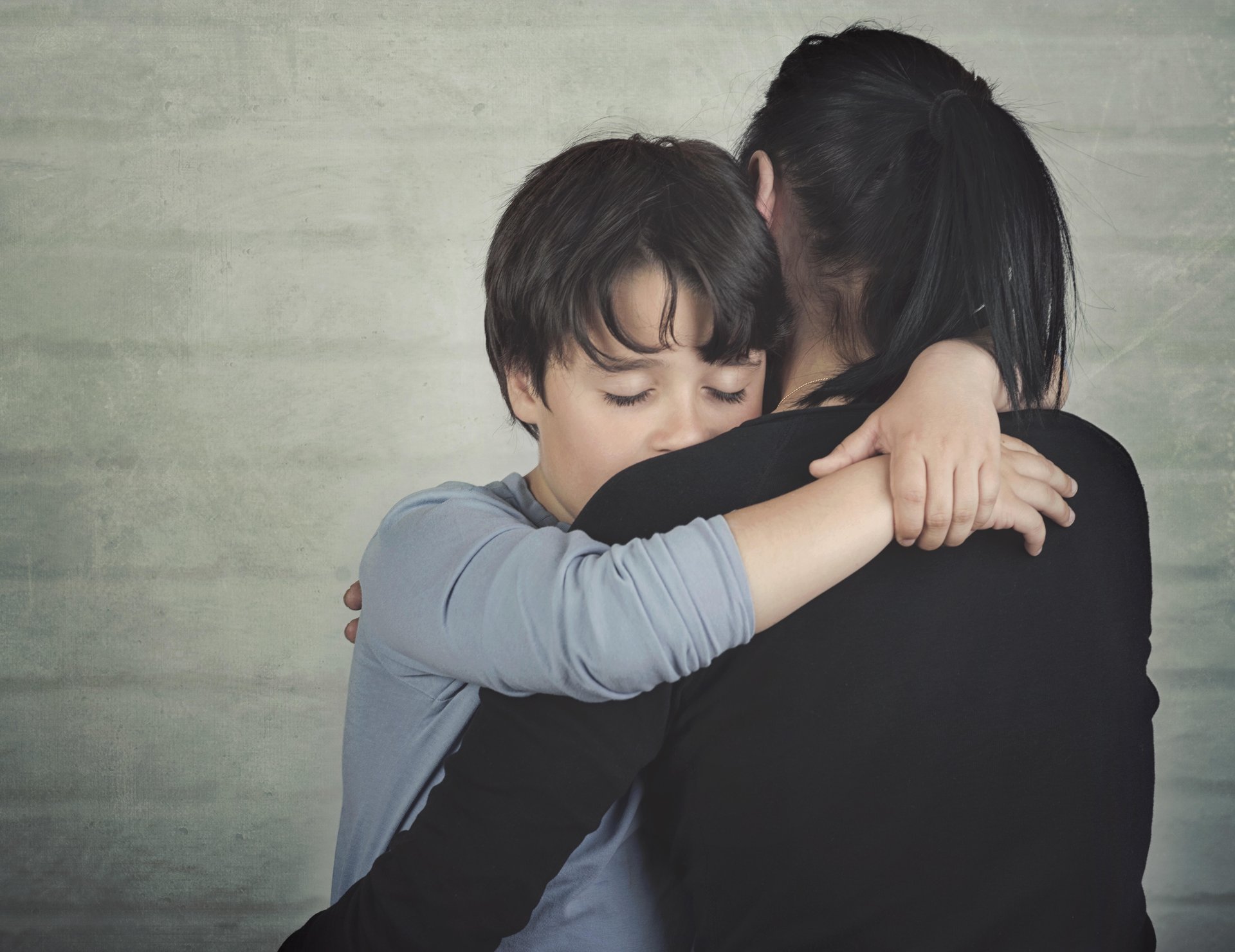
Ascension, a major U.S. health care system with 140 hospitals in 19 states, announced late Thursday that a cyberattack has caused disruptions at some of its hospitals. “Systems that are currently unavailable include our electronic health records system, MyChart (which enables patients to view their medical records and communicate with their providers), some phone systems,… read on > read on >










